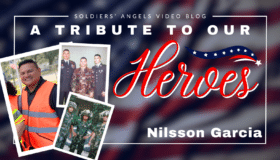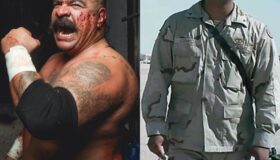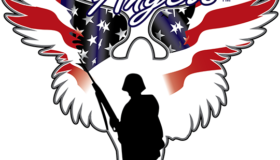TRIBUTE TO OUR HEROES: Marine Corps VETERAN Bethany Heinesh
April 29, 2025
In this latest episode of “A Tribute to Our Heroes,” we talk with Marine Corps Veteran Bethany Heinesh.
Bethany and Adrian discuss her time in the Marines, her path to get there, her transition to civilian life, and her time with Soldiers’ Angels.
You can view our full video interview with Bethany below.
Q: What made you want to join the Marines?
A: Well, I initially joined the Navy. My dad and brother are Navy Veterans, my dad is a Vietnam Veteran. So I joined the Navy. I was at MEPS, and I was supposed to Navy boot camp the next morning, and I had not exercised or trained whatsoever, and I saw the movie “A Few Good Men,” and I thought, “I wish I had joined the Marine Corps!” The next morning, I was overweight by six pounds, so they discharged me and told me, “Go lose the weight, and come back.” I said, “I’m gonna join the Marines.” I told my dad and brother, and they said, “You’ll never make it,” so I thought, “Well, I’ll show you.” Now, I had to lose 40 pounds to go in the Marine Corps, so I trained with my mom in Las Vegas and she really helped me make that happen. At that time in my life, I felt really lost and was looking for direction, structure, and discipline, and the Marine Corps’ reputation precedes itself, and I wanted to be a part of that tradition.
Q: Do you recommend that people join the Military?
A: Absolutely. What we hear so often from people is, “I could never join the Military, I could never be in the Marine Corps,” and I say, “Yes, you can!” You’re in a collective environment at boot camp, so you have to do it. There were recruits who didn’t make it to boot camp, who wanted to go home, because the Military wants people who want to be there. But absolutely, it’s an amazing time. To be in the Military for four years at a minimum, a lot of people choose to make a career out of it. I chose not to, but the benefits are lifetime benefits. You get the bragging rights and the camaraderie with other Veterans, which I enjoy a lot at Soldiers’ Angels. I went for four years, got it, went to college, and the GI bill paid for all of that, and I use the VA for my healthcare, so yes, do it!
Q: Do you have very vivid moments you remember from boot camp?
A: I do, I have a funny story. When I was training to go to boot camp, I was very involved with the recruiter. I watched all the videos they had about boot camp, I learned everything that I could. The Marine Corps has the reputation of being so hardcore. Full Metal Jacket is the famous Marine Corps boot camp movie. I went, and I’m not saying it wasn’t difficult, because it was, it was very, very hard, but it wasn’t as hard as I thought it was going to be. When we had our final inspection, the battalion commander asked me, “What did you think was the hardest part of boot camp?” And I said, “Sir, this recruit didn’t think boot camp was hard enough.” Well, that really pissed him off. When he left, the drill instructors tore into me. I remember thinking, “What did I do wrong? I was just being honest.” Well, it turns out he was the training commander, and it was his training schedule… It was difficult, it was challenging, but I just loved it.
Q: What happened after you got out of the Marines? Did you have a plan when you transitioned out?
A: No, I just knew I wanted to go to college. I went back to Houston, went back to school, and then ran into some mental health issues from some things that happened to me in the Marine Corps. I had a substance abuse problem, mental health issues, and struggled tremendously to finish my bachelor’s. It took me almost 10 years. Then I got it together, got my master’s degree, and fell apart again. It’s been a journey for me, as it is for so many Veterans who get out of the service and have PTSD, mental health issues, drug and alcohol problems, suicidal thoughts, which I’ve definitely struggled with a lot. My story isn’t unique, it’s very much a story that a lot of Veterans live… After I got my master’s degree, PTSD hit me very hard. I was in business as a freelance writer. I was doing well, had a great client base, and I just spiraled down. I got to the point where I couldn’t work. I applied for disability through the VA, and for six months, I lived off resources in San Antonio to pay my bills, like food banks, rent assistance, and utility assistance. I really worked hard for about five years to heal, it was my job. I had a long, painful road to Soldiers’ Angels, which leads us to where I am now. I went to a substance use treatment center for drug addiction. I knew when I was in there that I had to do something purposeful and meaningful; I could no longer just be on disability and go to therapy, it was not enough because I was struggling tremendously with suicidal thoughts and addiction. Then I came here, and it was a life-changing experience for me.
Q: How did you hear about Soldiers’ Angels?
A: I heard about Soldiers’ Angels through my boyfriend, whose friend was an intern here. I saw online that they were looking for holiday interns, so I called, and they passed it along to Amy, and because she has a relationship with this person who referred me, she gave me the internship. I experienced some things in the Marine Corps that were difficult, and I’m a survivor of Military sexual trauma; that’s my story. I had problems over the years with drugs and alcohol. The thing with addiction is that it just gets worse and exacerbates mental health issues. They go in tandem, and you’ve got to fix one to fix the other, and you’ve got to fix the other to fix the one. It’s so common that we use drugs and alcohol to cope, to numb, to not deal, and then that becomes its own monster too, and just makes the mental health problems worse. I had to deal with that. I’ve been to substance use disorder treatment four times, three provided by the VA. I’m very happy to say I’m sober today and enjoying a life of sobriety, and that’s a victory for me. I’ve used VA resources, we have therapy, classes, just so much available to us through the VA. I know the VA gets a bad rap a lot, but what’s also true is that a lot of Veterans don’t use the resources available to them.
Q: When did it start to get better?
A: That is a daily thing. I feel a little bit better every day, it’s incremental, slow, and steady progress. I can’t pinpoint anyone moment that was a turning point. I certainly had a very healing experience at Starlite Recovery Center in Center Point, Texas. The VA sent me there, it was a really healing experience for me. I was there for 45 days. That’s another thing: a lot of people don’t want to go to treatment because they don’t want to stick in a place for 30-45 days, but that’s a small price to pay, a small chunk of time to really invest in yourself. When I got out of there, that’s when I got here and decided I’m ready to do whatever it takes. I met my boyfriend there. I was single for 16 years, and we are kindred spirits. He is also sober with me, and we support one another. I’m truly grateful to have him in my life; he’s a blessing, and he’s everything I prayed for.
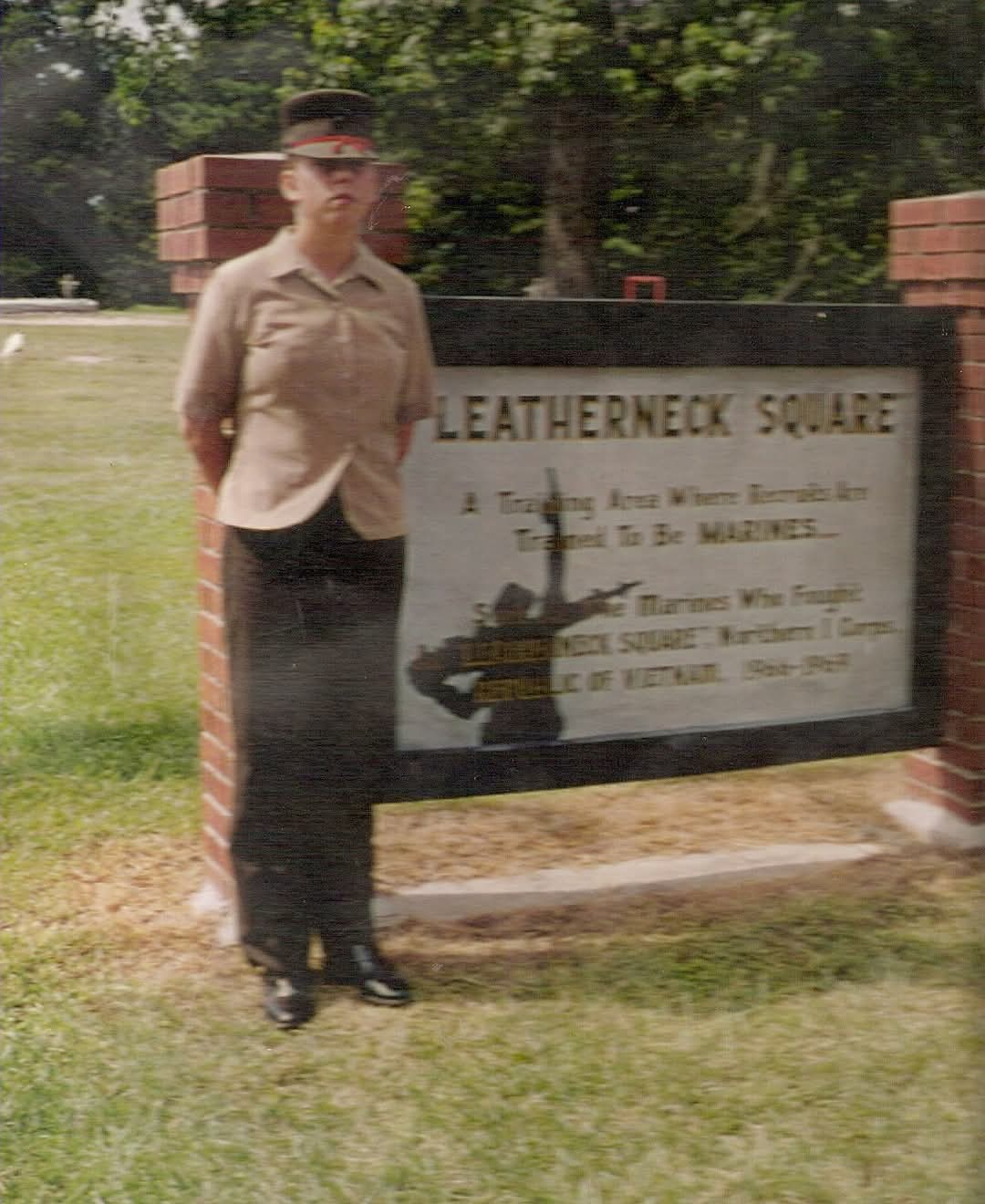
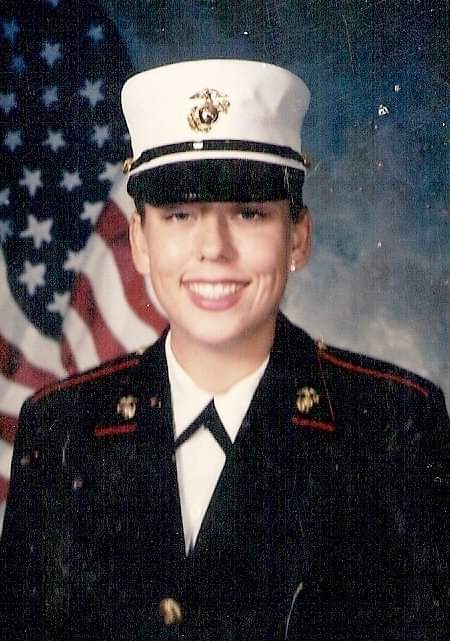
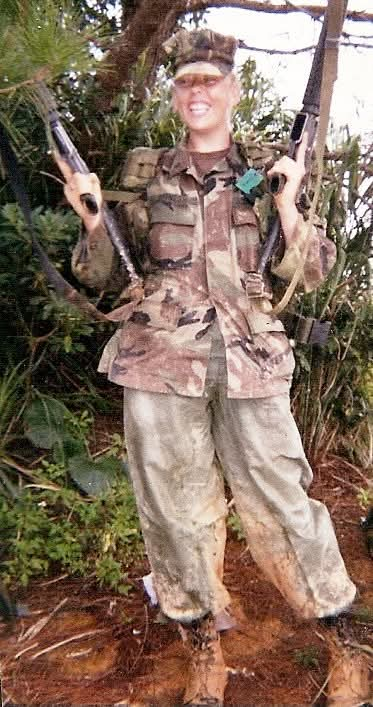
Want to watch more? Click here to watch more vlogs from the Tribute to our Heroes series, or go to our YouTube Channel to see what other events we have going on.
